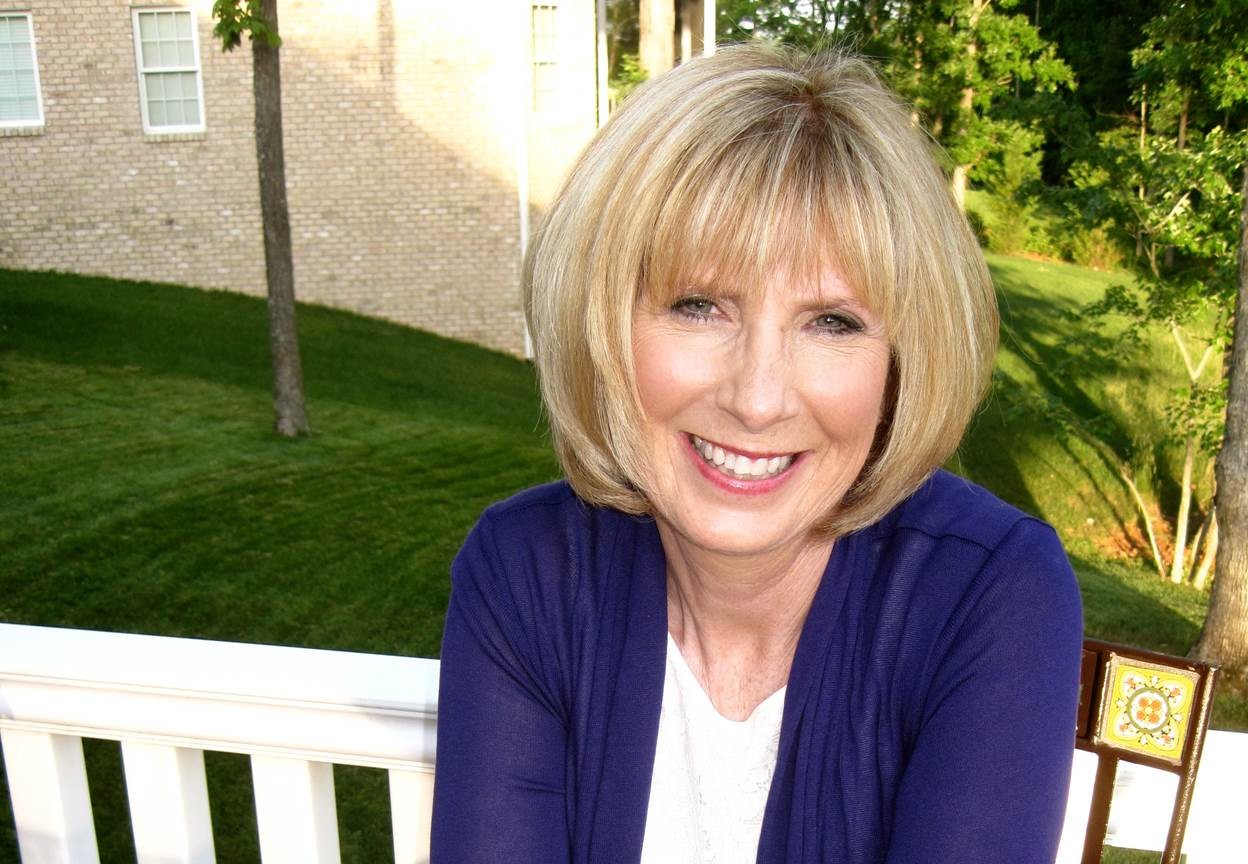Holly: “He’s so controlling! I can’t even go out with friends or he gets mad. Should I be concerned about this or does this mean that he really loves me?”
Lori: “Yes! Someone who gets upset when you go out with friends is controlling. Why does he want to isolate you like that? That is not healthy!”
Lori is right. Anyone who is easily angered when you spend time with friends is walking the fine line between control and abuse. Controlling people want you under their thumb and doing things their way. The root of this is insecurity and codependency in a relationship. And when someone is controlling, it can escalate to abuse.
So, what are the warning signs of a controlling person in a relationship? These questions should help you decide.
- Are you feeling manipulated? Controlling people give love and affection in order to get something. If you feel you constantly have to do things the way the other person wants things done in order to be loved, you are being manipulated.
- Are you being isolated? As noted above, controlling people like to isolate you in order to have more control over your thinking and behavior. Relationships with other people are threats because they might challenge the controlling person’s thoughts and actions. Isolation becomes a strategy to shield you from healthy relationships.
- Are you being put down? Another strategy of a highly controlling person is to tear away at your self-esteem. When your confidence is low, you will be more dependent on the person. Therefore, think about if you are given compliments and encouragement. If comments are mostly critical, the person could be trying to control your through low self-esteem.
- Can you question the person and talk about issues? If the person is easily upset when you question them or want to discuss a problem, this is a sign of control. If they are always right, then you begin to question your own thoughts or build resentment – both lead to problems.
- When the pressure is on, are you being lied to? The need to control often outweighs the need to tell the truth. If you question the person, know the truth. If the person lies, this is a red flag.
- Are you being asked to change? Does the person not like your hair, clothes, the way you talk to people, your laugh, your outgoing personality, etc.? If the focus in on changing you, run from this relationship!
- Is the person angry over little things? You talked to a co-worker, arrived to dinner five minutes late, forgot to call one night and the person explodes with anger, telling you how insensitive or uncaring you are. Pay attention. Over the top jealousy and anger over small things are signs of control.
- Are you trying to set boundaries with no success? Controlling people don’t like boundaries. It limits their control. When you say, “No,” they don’t respect it and continue to push to get their way.
- Are you uncomfortable with the person’s temper or moods? Moodiness and the inability to regulate moods speak to an anger problem. Everyone has a bad day now and then, but if the moodiness is persistent, and you find yourself feeling a little afraid, this is more than just a bad day.
- Are you the only one the person spends time with on a regular basis? Does the person have other friends? If so, who are they? Does the person have good family relationships, relationships in the church or in the community? If the person is alone most of the time, this is a signal that relationships are problematic and may be plagued with control issues as well.
It’s important to know the warning signs of a controlling person to properly assess the situation and determine if you are in a potentially abusive relationship.








